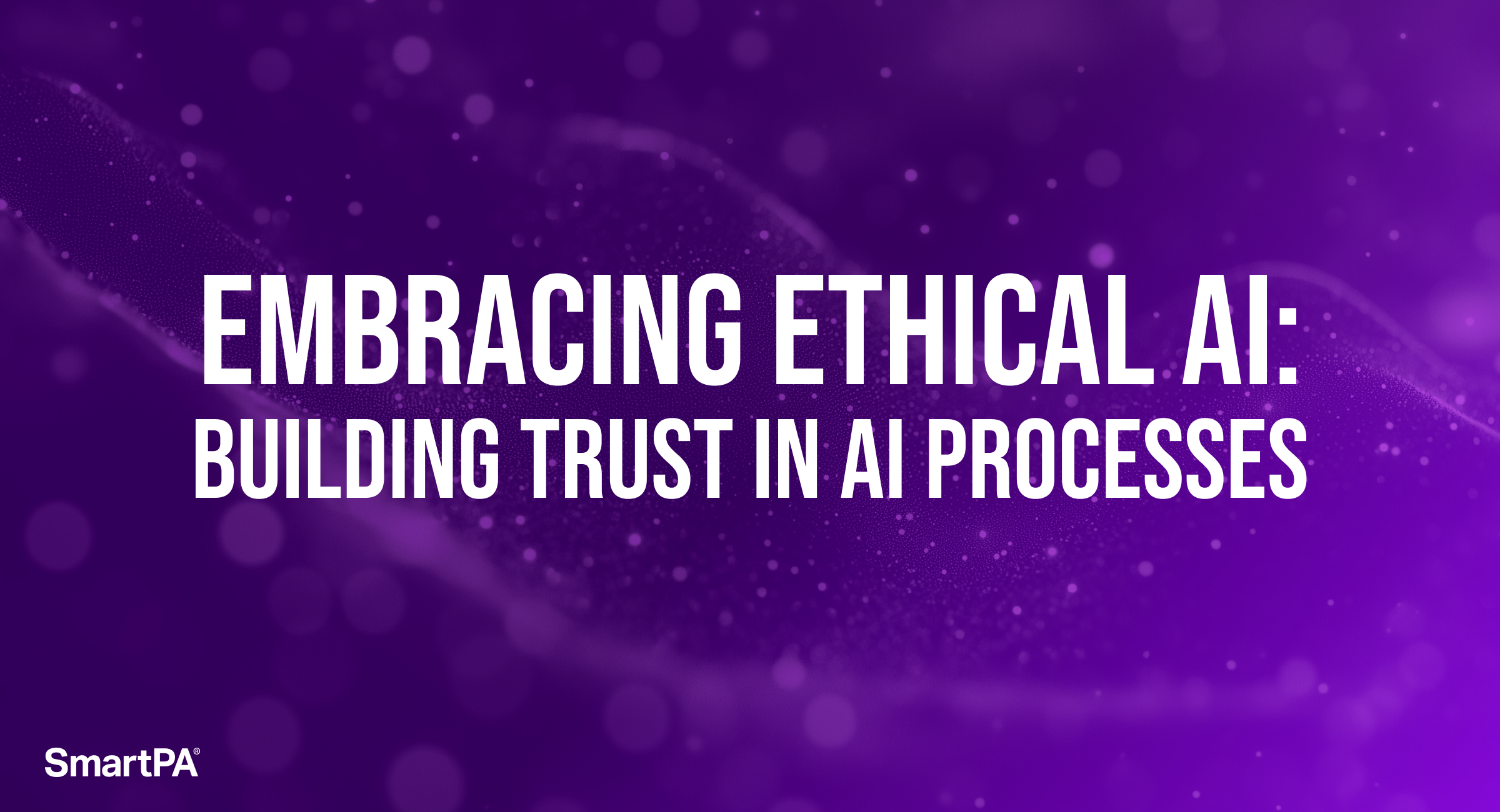Artificial Intelligence (AI) is rapidly redefining how businesses operate — streamlining workflows, speeding up decision-making, and opening the door to new levels of productivity. But the pace of adoption is at risk of outstripping the pace of trust.
A global survey of risk managers revealed that nearly 6 in 10 see AI as the most likely source of unintended consequences over the next two years, yet only 11% feel fully equipped to manage AI risks across their organisation. The message is clear: without robust ethical frameworks in place, the risks are too big to ignore.
Why Ethical AI Matters
Trust is the cornerstone of successful AI integration. When ethical considerations are overlooked, the consequences go far beyond compliance by affecting employee confidence, brand reputation, and long-term ROI.
In a recent report conducted by McKinsey & Company, it was noted that around half of C-suite leaders globally believe that ethical concerns — including fears over how data is used and protected — are creating hesitation among their people when it comes to adopting generative AI tools. Meanwhile, roughly half of employees are also worried about AI making inaccurate decisions or exposing the business to cybersecurity threats.
This unease can easily, and quickly, become a barrier to innovation unless businesses take a clear, values-led approach from the start. Those that do are already seeing the benefits according to Accenture: companies that have invested in responsible AI practices from the outset are reporting returns nearly three times higher than those that haven’t.
Key Considerations for Ethical AI Implementation
To move from intention to action, businesses need to treat ethical AI as a strategic pillar, not an afterthought. Here are five areas to focus on:
1. Ensuring Transparency in AI Decision-Making
- Make it explainable: Employees need to understand how AI systems work – not just what they do. Adopting explainable AI frameworks gives visibility into how decisions are made.
- Build clarity into communication: Explain how AI is used across the organisation, especially in areas like recruitment, resource allocation, and performance reviews.
2. Mitigating Bias and Discrimination
- Audit and adjust: Regular checks help spot where algorithms might be perpetuating bias.
- Design for diversity: Build inclusive datasets and involve a broad mix of perspectives during development.

3. Prioritising Employee Wellbeing
- Balance automation with empathy: While AI can take over repetitive tasks, it shouldn’t replace human judgement — particularly in emotionally sensitive areas.
- Track the impact: Understand how AI tools are affecting day-to-day work and employee well-being, and be ready to course-correct.
4. Establishing Ethical AI Governance
- Put the right teams in place: Cross-functional AI ethics committees — drawing on HR, legal, compliance and tech — ensure alignment between strategy and values.
- Turn principles into policy: Set clear rules and responsibilities for AI use, including escalation procedures when issues arise.
5. Providing AI Literacy Training
- Upskill and reskill with purpose: Help employees understand how to use AI tools effectively, and responsibly.
- Encourage questions: Make AI literacy an ongoing conversation, not a one-off workshop.
The Future of Ethical AI in Business
We’re heading towards workplaces where AI is no longer a bolt-on, it’s built in. But as the tools become more powerful, so too does the need for accountability.
Looking ahead, we’ll likely see:
- A rise in dedicated roles like Heads of Responsible AI
- Stronger cross-team collaboration on ethics and compliance
- A culture where AI supports, not replaces human potential
- Tighter alignment with regulatory frameworks and employee expectations
Conclusion
Ethical AI isn’t just a matter of compliance, it’s about doing the right thing and setting your business up for success.
When implemented responsibly, AI can free up time, increase accuracy, and support better decision-making. But to unlock its full potential, organisations must lead with trust, transparency and — perhaps most importantly — a clear commitment to their people.
About SmartPA
SmartPA is a pioneer of remote, outsourced admin and business support, providing individual SmartPAs, multi-skilled cross-functional teams, and full lift and drop admin process outsourcing. Working with more than 5,000 businesses of all sizes worldwide, SmartPA draws on a global talent pool of accredited SmartPAs, with a Centre of Excellence based in the UK, near-shore hubs in South Africa and Uganda, and an offshore hub in Malaysia.
Find out more
Click here to find out more about how partnering with SmartPA can help accelerate growth within your organisation. Empower your leaders today by contacting us to discuss your requirements
